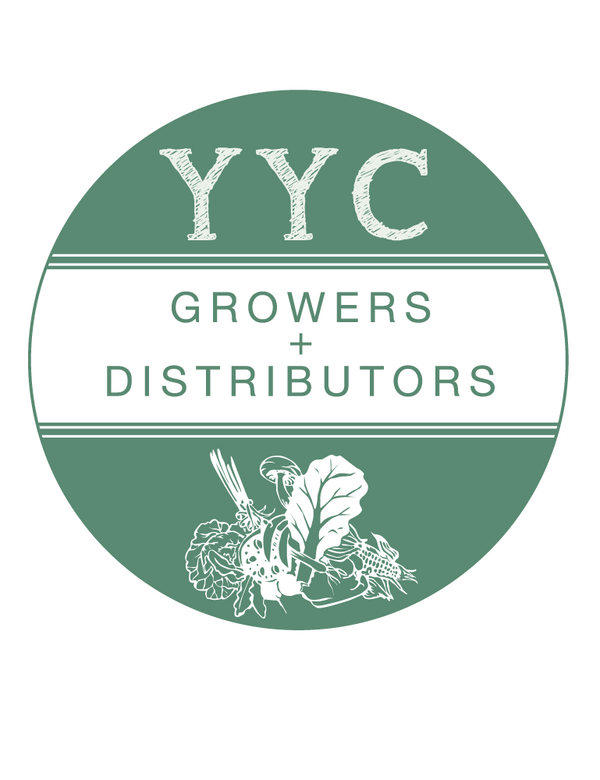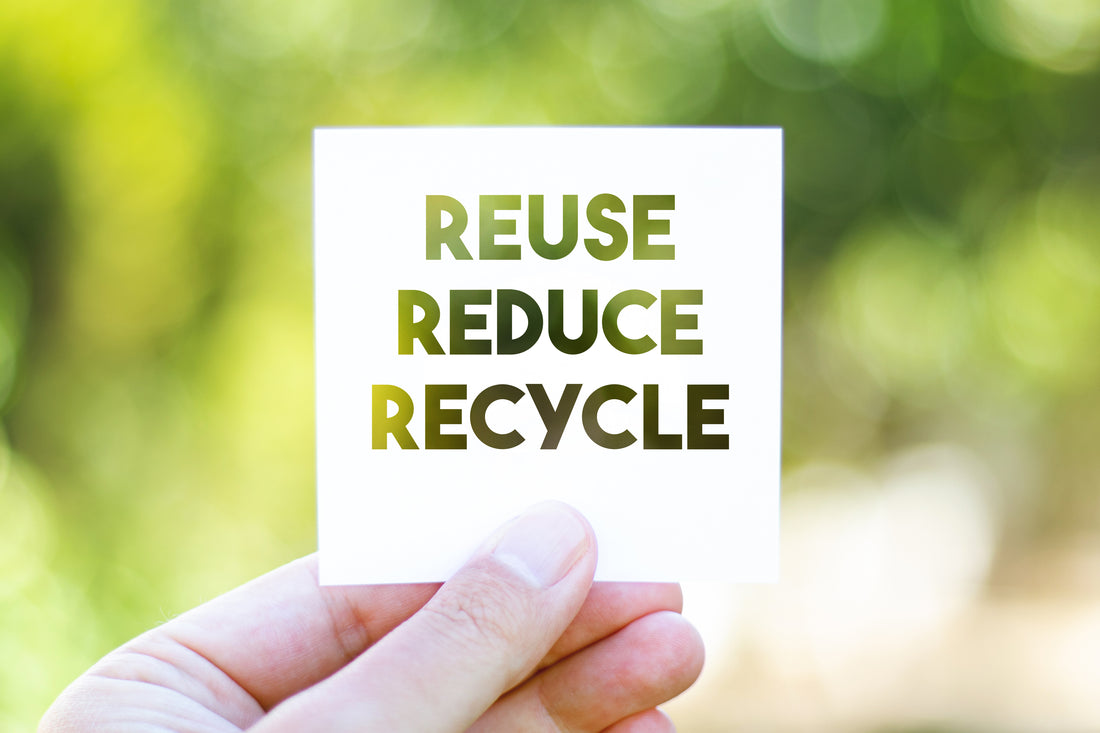The food industry generates a significant amount of waste, including both edible and inedible waste. Edible waste includes food that is discarded due to spoilage, overproduction, and expiration, while inedible waste includes packaging materials, byproducts, and processing waste.
As a food distributor, we keenly recognize our role in the waste equation and we’ve vowed to be part of the solution, not the problem.
Our commitment to waste reduction touches every part of our business; from how we select farms and vendors, to how we package and distribute your orders, and how we execute our marketing efforts.
FOOD WASTE IN CANADA
More than half of all food produced in Canada is lost or wasted, with approximately 58% of food produced in Canada being lost or wasted each year. This equates to 35.5 million tonnes of wasted food annually, with about a third of that being recoverable. The value of this recoverable food is estimated at $49.46 billion annually.
It’s truly staggering.
The average Canadian household throws away $1,300 of edible food per year – the equivalent of 4.5 meals per week. Let’s work together to change that.
FOOD WASTE REDUCTION
Before our food gets to you, we do everything we can to prevent food waste on our end; this includes ordering and stock practices, donations, composting, and more.
Subscriptions: We have an order cut off of Friday at noon. This is so that we can add all the numbers, send off order to or farmers, who then harvest, clean, package and delivery to us the following week.
Online store (non subscriptions): For fresh items, we compare previous sale history and current sales trends and try to order only what we will need to get through the week. We think it’s better to sell out than have leftovers at the end of the week. For shelf stable products and frozen items, we only list the amount of inventory we have in stock—no overstock.

Donations: Each week any food that we have that’s still edible and good for humans (but maybe not pretty enough to sell) we donate to Sonshine Community Services women's shelter. Anything that’s not edible for humans, we put in a bin to be fed to chickens that are raised by a local family — the Cyr family.
Compost: Anything else that’s compostable goes into our City of Calgary compost bin, but this is mostly things like used paper towels and very little food.
BENEFITS OF FOOD WASTE REDUCTION
Reducing food waste is not only beneficial for our wallets but also for the environment. When we throw away food, we are also wasting the resources that were used to produce it, such as water, energy, and land.
Additionally, decomposing food waste in landfills releases methane, a potent greenhouse gas that contributes to climate change. By reducing food waste, we can conserve these valuable resources and reduce greenhouse gas emissions.
We can also help to address food insecurity by redirecting excess food to those in need.
Reducing food waste is a simple yet powerful way to promote sustainability and protect our planet.
PACKAGING WASTE
Packaging waste in agriculture is the material that is used to wrap or encase products for storage or transport. Examples of packaging waste include plastic film and bags and trays, cardboard boxes, pallets and other wood materials.
Some packaging waste can be recycled or reused if it's still in good condition; however, most of it ends up in landfills (or oceans) because it's difficult to recycle these materials on a large scale.
The consequences of packaging waste in agriculture are significant. Excessive packaging not only contributes to environmental pollution, but it also leads to increased costs for farmers and consumers. Improperly discarded packaging materials can have devastating effects on wildlife and ecosystems, causing long-term damage to the environment. Additionally, packaging waste can result in increased greenhouse gas emissions, as more energy is required to produce, transport, and dispose of packaging materials.
MATERIALS WASTE REDUCTION AT YYC GROWERS
At YYC Growers, we do everything we can to REDUCE and REUSE, and we partner with farmers and producers who do the same.
Our farmers use reusable or compostable packaging materials whenever possible, such as crates or bags made from biodegradable materials.

Boxes: For any shipments by the caseload, we reuse boxes by sending them back to our suppliers for reuse (such as Deepwater Farms). Some farms use plastic crates and some use cardboard. But we return both the plastic cates and the cardboard boxes to get reused. The crates can be in service for decades!
Plastic: For compostable PLA plastic clamshells from Micro YYC, we remove the stickers and return them to Micro YYC who has arranged to have them properly processed at commercial composter.
♻️ For egg cartons, we have about 100 per week returned from customers that we provide to the Cyr family for reuse.
We encourage our customers to return the following packaging items for reuse.
- Cardboard boxes from our home deliveries
- Compostable PLA plastic clamshells (like Micro YYC uses, as these get composted)
- Foil bubble wrap from frozen items in home delivery
- Clean (chicken) egg cartons, 1 dozen only
- Clean duck egg cartons, 6 pack only

Return to your pick-up location or for home delivery, leave on the front steps before your next delivery.
*For non-compostable plastic clamshells, please use your home blue bin—any returned to us use staff labour to redirect (drive) them to Calgary blue bins.
At YYC Growers, we repeatedly have customers ask for a plastic free share option. Our plastic use is limited but we are not plastic free. We certainly do wish to find a solution, but there are a few challenges: freshness, protection, cost and sanitation.
Check out our blog post specifically addressing plastic use and potential solutions we’ve identified that could help us move away from plastic. Hint: it involves your help!
FOR THE FUTURE
Ultimately, reducing waste in agriculture and the food industry is crucial for protecting the environment, conserving natural resources, and promoting sustainable farming practices. It’s simple as that!
In our experience, it's amazing the impact you can have with intention and effort. As we strive to get better each day, we’re thankful for all our customers and partners who’ve been part of this effort.
Share your feedback with us! Comment on our Facebook or Instagram feed or send us an email at info@yycgrowers.com
Your YYC Growers Team
---
- https://www.cbc.ca/news/canada/toronto/food-waste-report-second-harvest-1.4981728
- https://www.globalcitizen.org/en/content/canadians-food-waste-report/
- https://www.rcinet.ca/en/2021/03/06/new-report-provides-numbers-on-how-much-food-is-wasted-in-canada/
- https://wrwcanada.com/en/get-involved/resources/food-waste-themed-resources/food-waste-canada-facts
- https://www.greenpeace.org/canada/en/story/28013/how-to-stop-wasting-food-in-2020-a-comprehensive-guide/
- https://lovefoodhatewaste.ca/about/food-waste/
- https://www.cbc.ca/news/canada/food-waste-reduction-strategies-1.5158323
Image credits:
plastic boxes in front of herbs - Micro YYC

